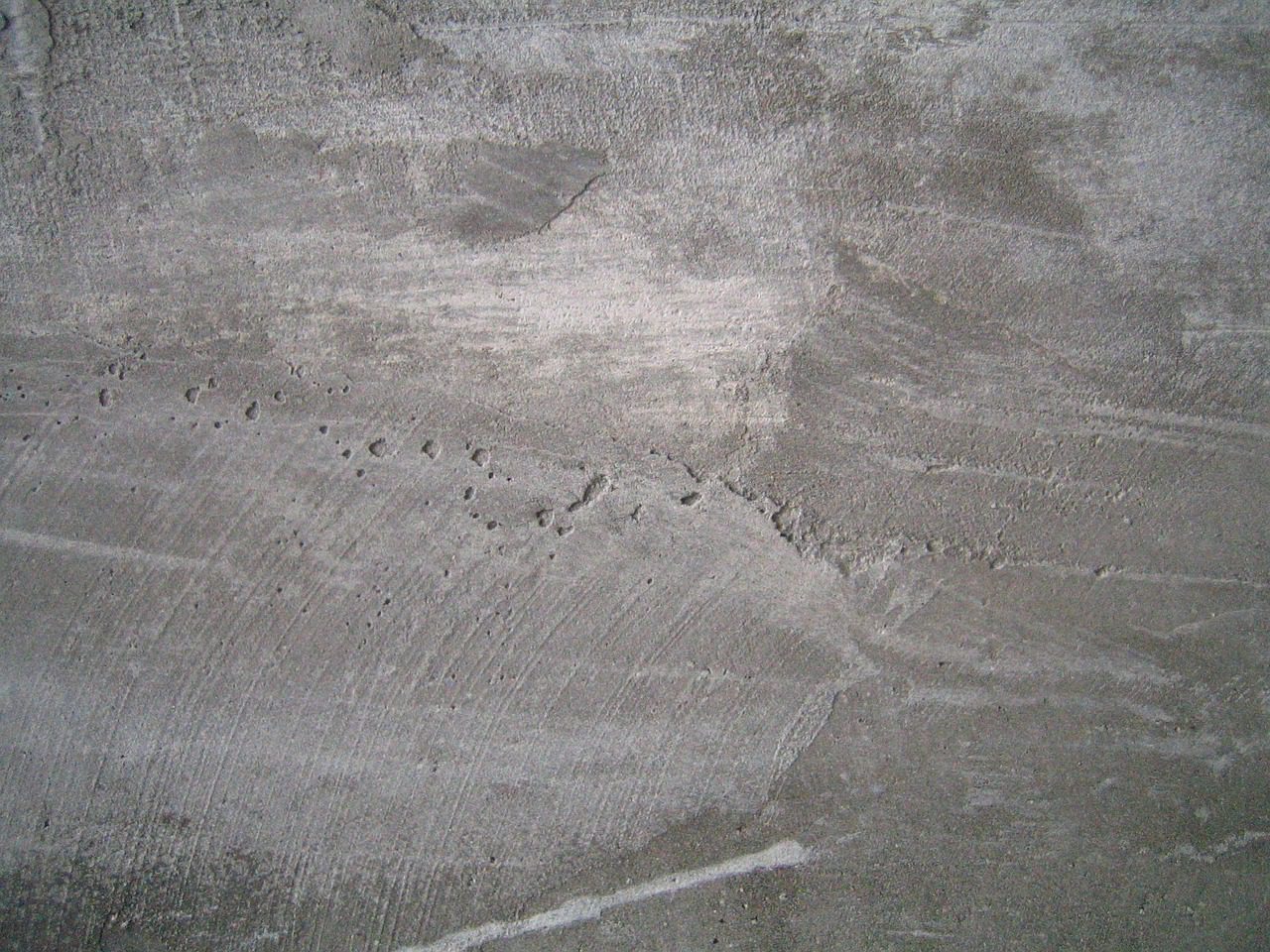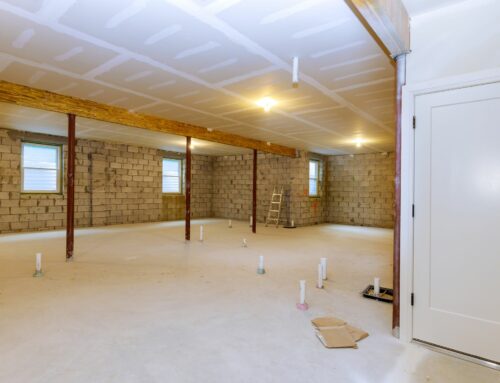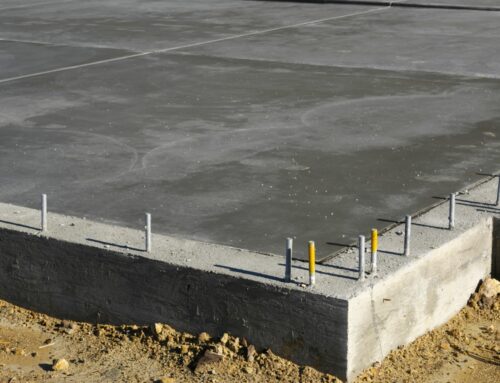Plaster mesh helps to reinforce plaster and putty. Metal wire meshing is applied to help the plaster and putty resist changes in heat and moisture, and it also creates a surface with resistance to wear and tear. Plaster mesh is a popular choice for reinforcement because it’s more than enough to support heavy loads and provide structural strength for protection from impact.
Plaster mesh can be manufactured from either plastic or fiberglass. It always passes a period of fire-proofing, after which it becomes fire-resistant. It’s also resistant to ultraviolet radiation and capable of withstanding prolonged outdoor exposure.
The surface of the plaster mesh is a special coating, which does not react with the plaster or paint on the wall. Plaster mesh is used extensively in various applications, such as buildings, interior, decorative ceiling, wall, anti-corrosive, insulation, anti-radiation, water-proofing, fire-proofing, and sound-proofing, cement, and so on.
In this article, we’ll discuss the different types of plastering mesh. Read on below to learn more.
Different Types of Plaster Mesh
There are many types of plaster mesh, and these include:
- Chain wire mesh
- Fine fiberglass cloth
- Galvanized chicken wire
- Light-type expanded metal
- Plastic netting.
- Welded wire mesh
- Woven wire mesh
These mesh types have different properties, but their purpose is the same, which is to serve as the foundation for plasters. For this reason, you need to buy the correct type of mesh depending on what you’ll use it for.
Things to Remember When Choosing a Plastering Mesh
Here are some essential things to consider so that you can get the right kind of plastering mesh:
- Get a mesh with the appropriate opening shape.
- Choose a plaster mesh that can reinforce or restore existing plaster or brickwork.
- Welded wire mesh is often used in manufacturing fences. Chicken farmers often weld it to the top of chicken coops to prevent chickens from escaping. This type of mesh is also used in most cages but is generally less effective than expanded metal.
- If you’re doing a high-duty mesh application job, choose fiberglass cloth mesh. The fiberglass cloth mesh is made of glass fibers that are inserted into a polymer.
When the polymer dries, it forms the fiberglass base, which has high resistance to tearing. It’s also very effective when you use them in tandem with quick-dry finishing mixtures.
- When plastering a surface, you need to choose the correct mesh, especially when layering multiple plaster coats. Metal meshes have a different coefficient of linear thermal expansion than the surrounding plaster, so using twisted chicken wire is recommended. Welded wire mesh or expanded metal are not suitable for this application.
- Light-type expanded metal, particularly those with a diamond-shaped hole, is recommended for most plastering jobs. Its diamond-shaped holes provide the optimum texture for the plaster layer, allowing maximum grip for the adhesive. Because of its excellent characteristics, it’s frequently used for underfloor heating installation.
- Choose a mesh with the appropriate surface density because it measures how the mesh will perform. The surface density of a mesh varies, for example, from 165 to 300 grams per square meter.
Its maximal density is used on the lower floors because, in this case, there is a very high risk that both natural disasters and intentional damage will be inflicted on the façade. Units with a density of 110 to 160 grams per square meter are sufficient for internal construction and finishing work.
The opening in the fiberglass mesh used in reinforcing walls before painting or in puttying should the walls be extremely small.
Conclusion
Choosing the proper plastering mesh is no easy task, but the good news is that you can quickly narrow down your choices if you consider what you’re using it for. If you do, then your mesh will serve you for a long time.
One Stop Plastering offers top-quality services for exterior plaster and stucco applications. A structure can never have too little protection, and our services will ensure that this goal is met. Contact us today to learn more!






